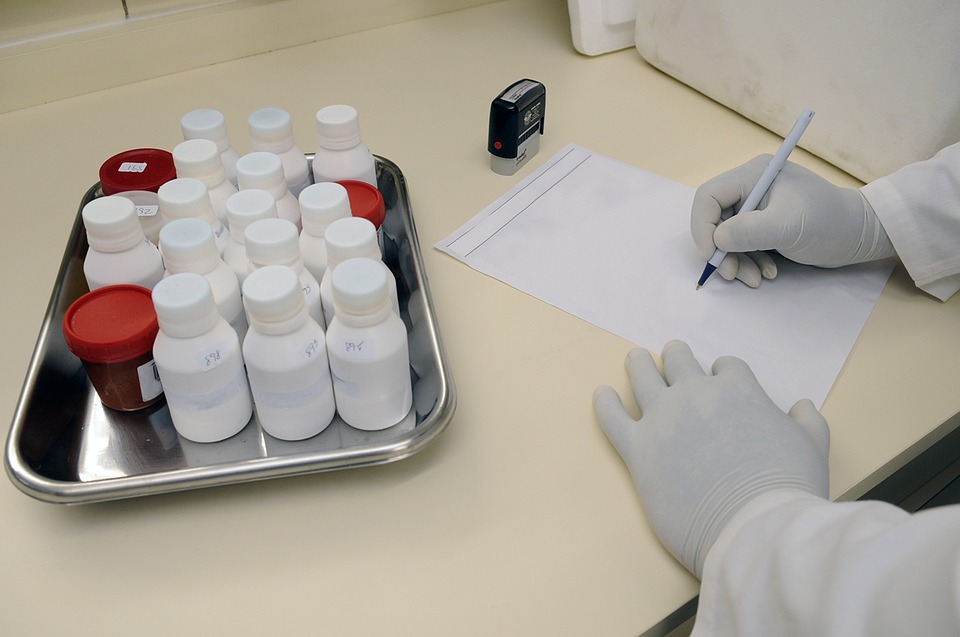
On 19 March, the MHRA first produced guidance for researchers on managing clinical trials of investigational medicinal products (IMPs) during the pandemic. This guidance constituted details about a collection of established flexibilities and technologies that are available, but little used, despite their regulatory acceptance.
The pandemic has required us all to adopt new ways of working and many trial sponsors have taken advantage of the available flexibilities to support the safe initiation and ongoing conduct of trials in both COVID-19 and non-COVID-19 indications.
We have now published updated guidance and are encouraging trial sponsors to embed these flexibilities into their business-as-usual activities, where appropriate, in order to build resilience into new and ongoing trials during the continuing pandemic. Appropriate use of these flexibilities is of course based on a robust risk assessment, taking into consideration the type of IMP and the interventions in the clinical trial. This will not only help ensure the safety of patients and the reliability of results in case of possible trial disruption, but also provide the basis of establishing a more patient-centric approach to trial conduct in the longer term.
Prospectively building the available flexibilities into protocols, investigational medicinal product dossiers (IMPDs), Standard Operating Procedures (SOPs), risk assessments and patient-facing documentation, and taking advantage of remote data-enabled approaches to patient recruitment, will help to protect patient safety. It will also provide potential participants with a greater level of confidence and convenience in taking part in a trial and help to protect the integrity of the data generated, in the face of potential further disruption.
Patient safety remains our top priority and so Sponsors should consider from the outset whether the benefit-risk balance of a proposed or ongoing trial is still positive in the context of the continuing pandemic. Sponsors should include mitigations where appropriate, based on the trial population and mechanism of action of the IMP, and justify in any application why it would be considered safe and scientifically sound to start or continue trials.
We would encourage Sponsors to monitor and evaluate the ‘flexible’ approaches to trial conduct compared with ‘traditional’ methods to gather case studies and establish best practice that can be shared amongst the research community. We will continue to engage with Sponsors to support transition of these flexibilities to ‘business-as-usual’ activities where it is appropriate to do so.
Although research activity has been disrupted in the UK as a result of COVID-19, huge efforts are underway across every part of the system to support clinical trials. Interestingly, the total trial applications assessed by the MHRA has remained stable over this time. For the financial year-to-date, we assessed a total of 573 applications, compared with 538 over the same period last year. This provides some optimism that the appetite to conduct trials in the UK remains strong in anticipation of full resource capacity to support trial initiation being restored.
If you have any questions or feedback please contact the Clinical Trials Unit Helpline on Covid.clinicaltrials@mhra.gov.uk
Don’t miss the next post, sign up to be notified by email when a new post comes out.


2 comments
Comment by Mark Lee posted on
i completely agree with your blog. we have to focus on support transition of these flexibilities. you are doing good job. keep it up.
Comment by Martin O'Kane posted on
Thank you for your comment!